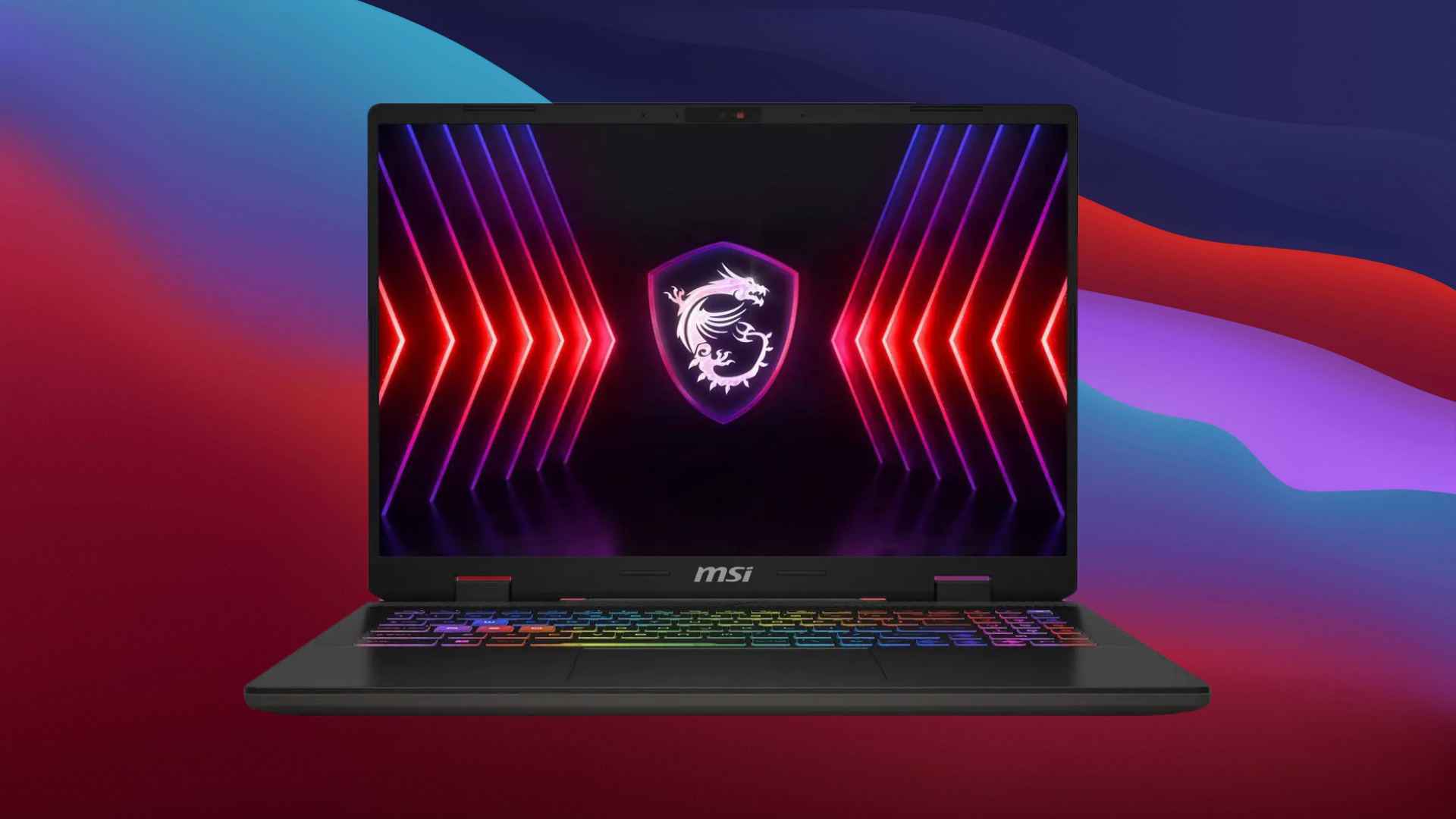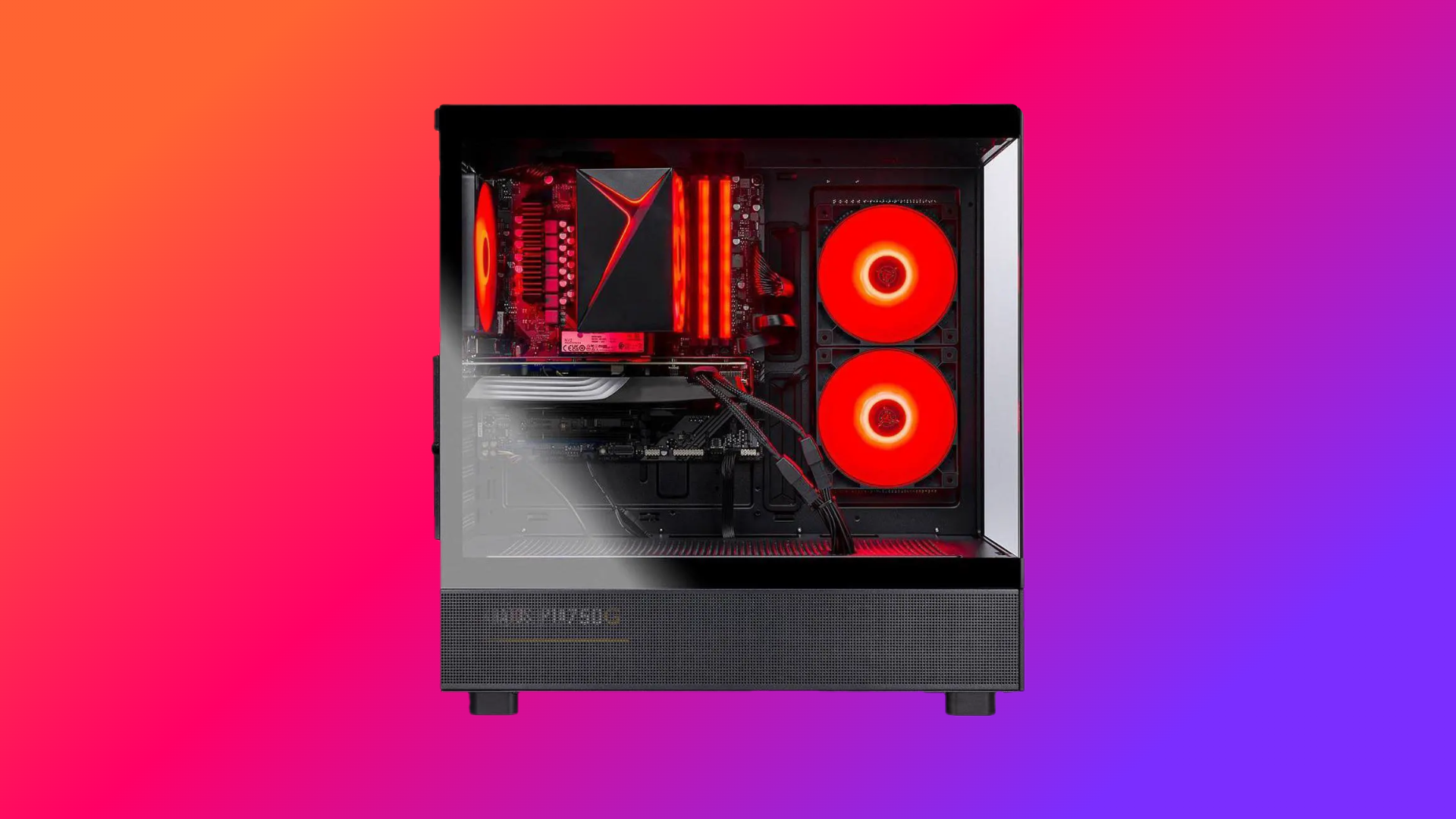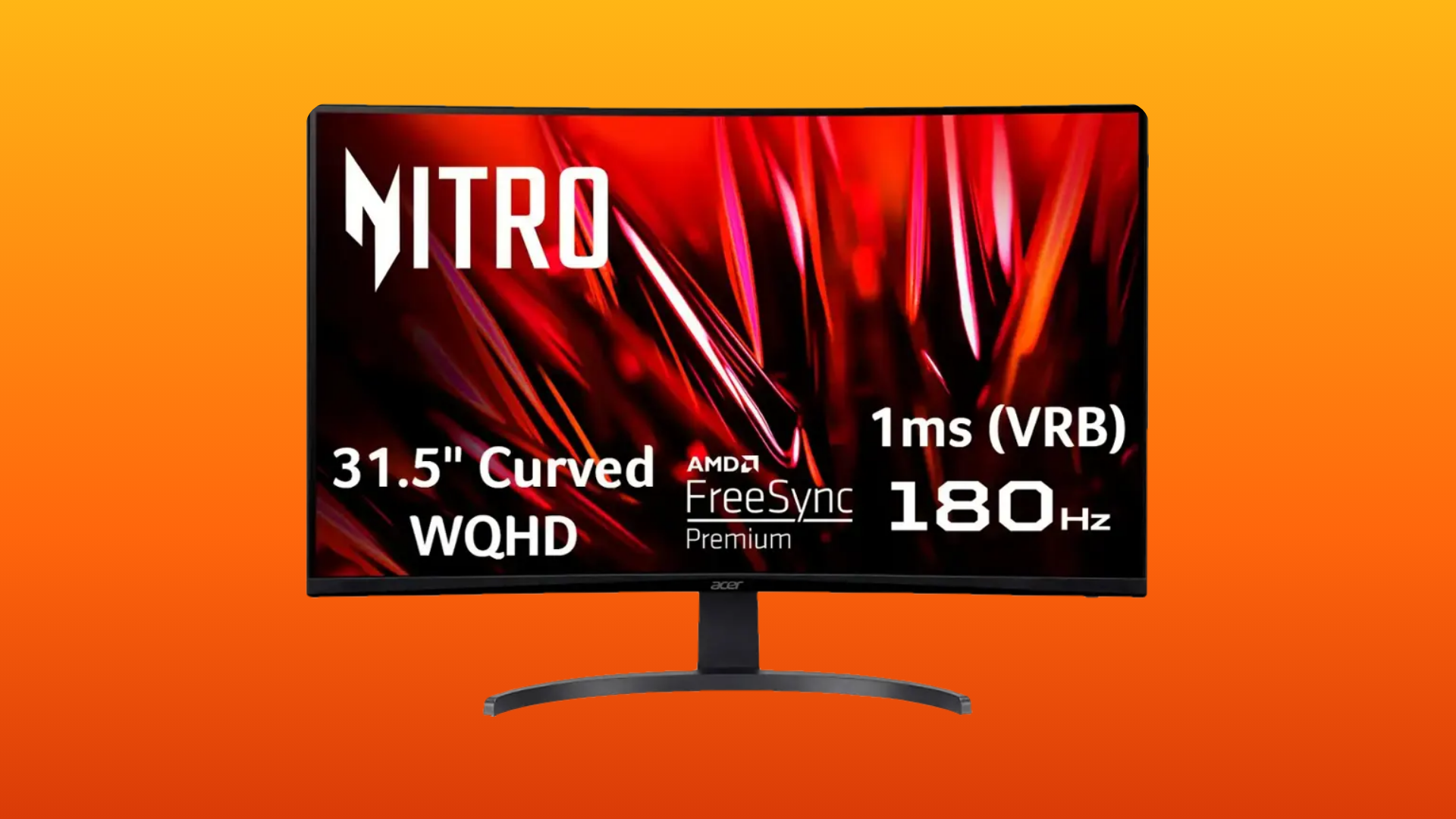Every RTX 5060 Ti performs differently depending on the clock speeds configured out of the box and the thermal capabilities of each model.
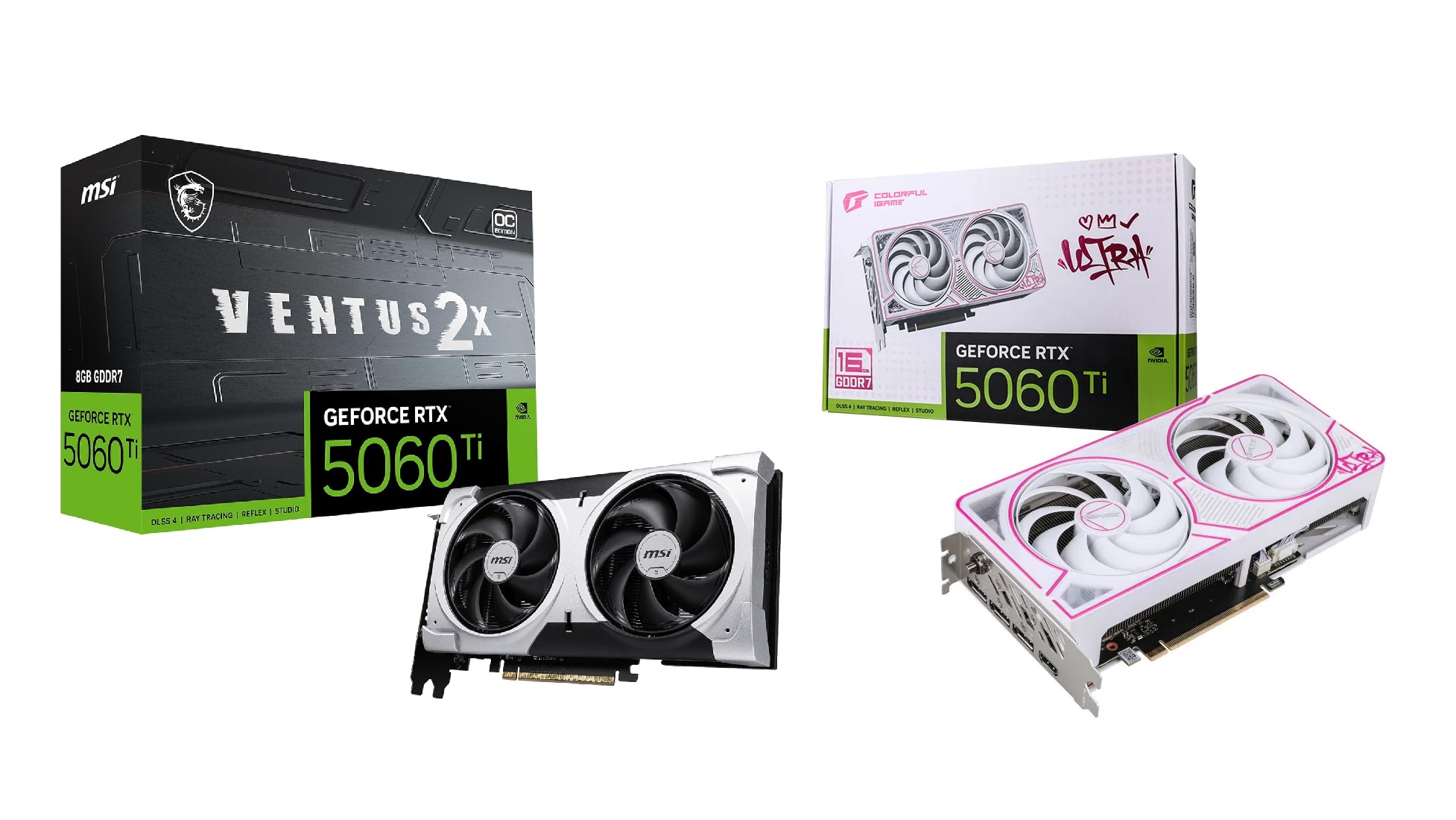
You may think this is another RTX 5060 Ti 8GB vs 16GB situation, which would explain how there could be a difference between them, but you would be wrong. Even if you have two 5060 Ti 16 variants, they could still perform differently depending on their make and models.
In fact, a YouTuber, Tech YES City, tested this phenomenon and saw as much as a 3 – 5 FPS difference between two models in a few games, which is quite bizarre. One could argue that this could simply be the result of silicon differences, but 3 – 5 FPS is too big to be that.
In this article, we will look at what’s happening with the two 5060 Ti models and explain what could cause such a result.
Note: The article is subjective and reflects the writer’s opinions.
Benchmarks Show RTX 5060 Ti Delivering Different FPS
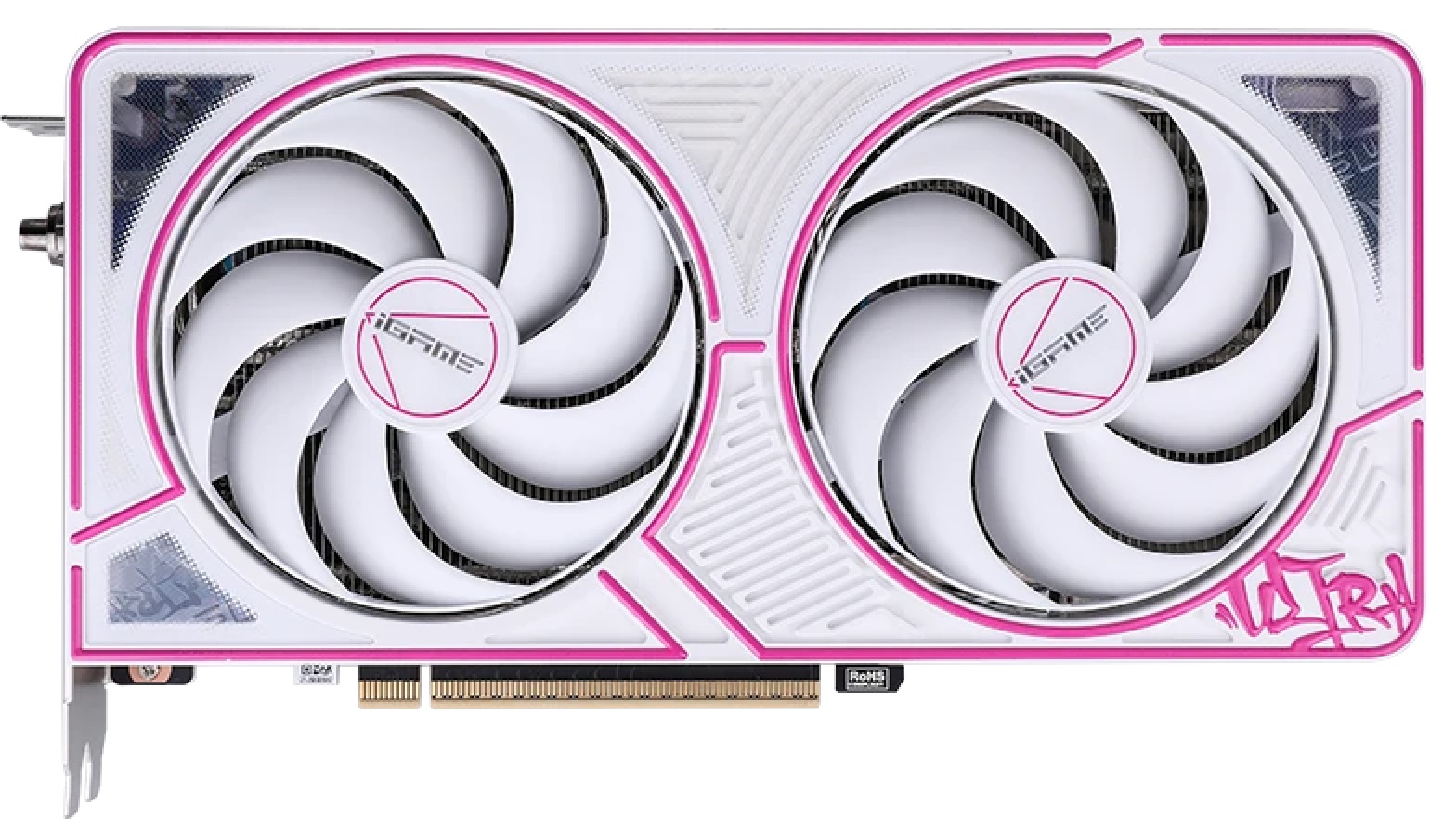
When YouTuber Bryan from Tech YES City tested the MSI GeForce RTX 5060 Ti Ventus 2x card, he found it running hotter and noisier than other 5060 Ti cards, but the performance was more or less the same, or at least that’s what he thought. When he tested the Colorful iGame GeForce RTX 5060 Ti Ultra W, he not only found a difference in noise and temperature but also a boost in performance, which he didn’t expect.
Bryan tested the two cards in a whole bunch of games, including Cyberpunk 2077, Final Fantasy 16, Warhammer Space Marine 2, Riftbreaker, Marvel Rivals, and more, and he saw a 3 – 5 FPS difference in performance in all of the tested games. If the FPS differences were in just one game or two, we could have chalked it up to the margin of error, but the same result was replicated in all the games he tested.
What could cause the performance difference between the different models?
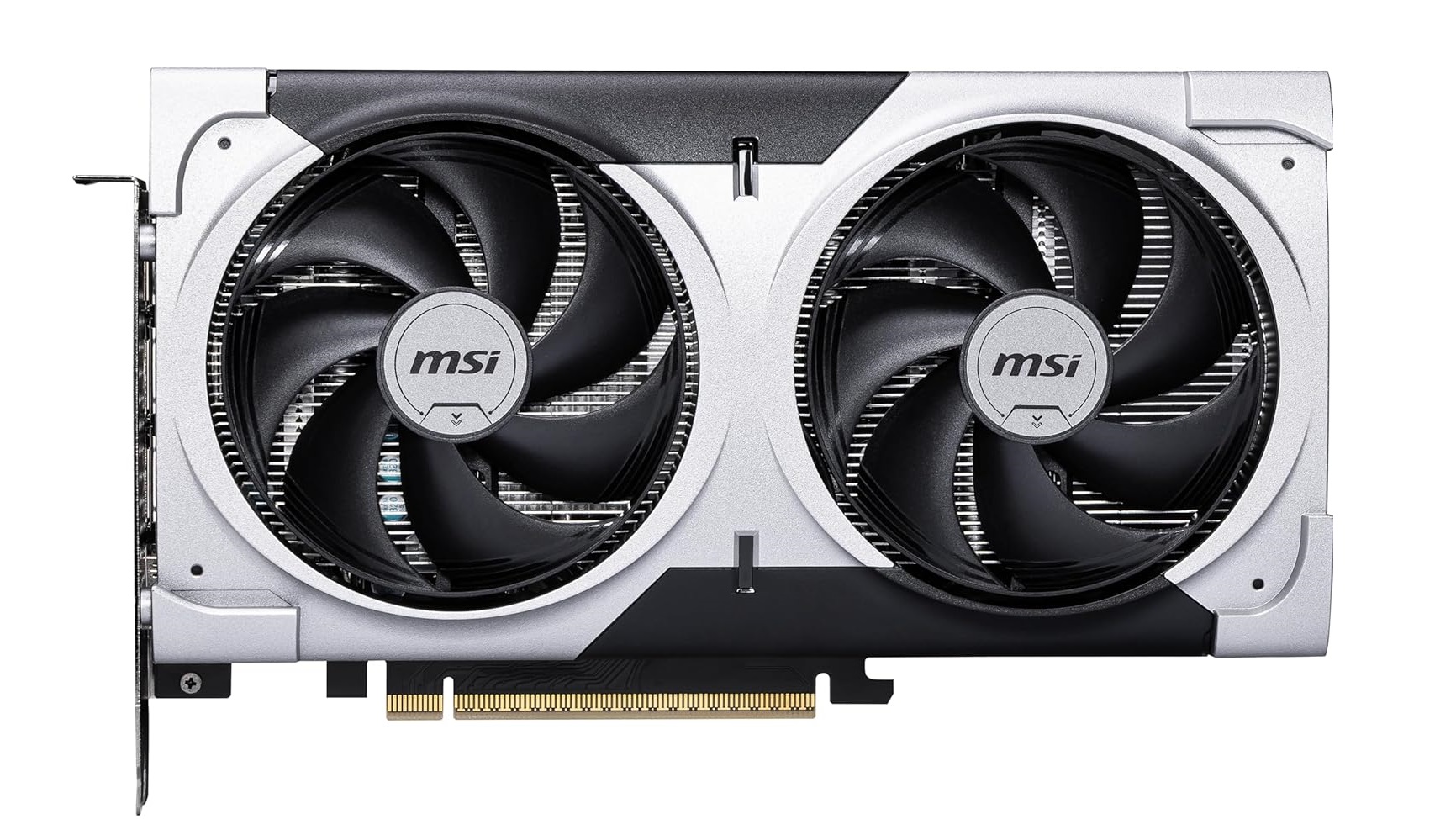
When looking closely at the Riva Tuner stats from Bryan’s video, we saw a drastic difference in clock speeds. The Colorful iGame model was clocked at 2827 MHz, while the MSI Ventus 2x one only went up to about 2662 MHz. They are both overclocked (OC) models, so their clock speeds are higher than the base 5060 Ti’s 2572 MHz. Even then, the Colorful model had higher clocks, which is possible due to its incredible cooling potential.
The Colorful iGame GeForce RTX 5060 Ti Ultra W stayed chill at 62° at the higher clock speeds, while the MSI card went past 70° with lower clocks. The cooler temps of the Colorful RTX card allowed it to boost much higher than other cards out of the box, which is the secret behind its higher FPS in games.
What should you do when buying an RTX 5060 Ti?
A cooler RTX 5060 Ti will always have more potential to clock higher compared to a card that runs hotter, even if they are the same card. Therefore, if you are in the market for a new RTX 5060 Ti, try to go for one with beefier coolers.
Also, check their boost clock speeds and compare them to the stock card before choosing a model. Even if they don’t have OC clocks, you can always manually overclock them as long as they have a beefier cooler, which is something to keep in mind.
Looking For More Related to Tech?
We provide the latest news and “How To’s” for Tech content. Meanwhile, you can check out the following articles related to PC GPUs, CPU and GPU comparisons, mobile phones, and more:
- 5 Best Air Coolers for CPUs in 2025
- ASUS TUF Gaming F16 Release Date, Specifications, Price, and More
- iPhone 16e vs iPhone SE (3rd Gen): Which One To Buy in 2025?
- Powerbeats Pro 2 vs AirPods Pro 2: Which One To Get in 2025
- RTX 5070 Ti vs. RTX 4070 Super: Specs, Price and More Compared
- Windows 11: How To Disable Lock Screen Widgets
 Reddit
Reddit
 Email
Email
